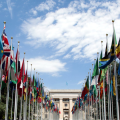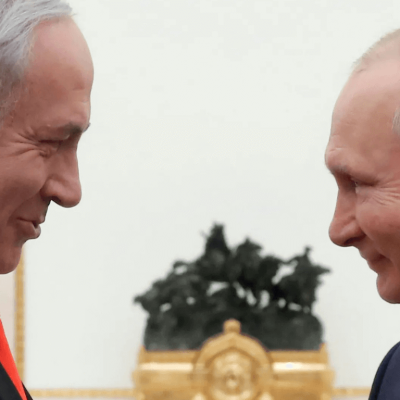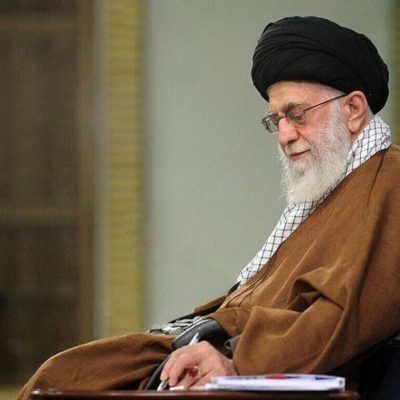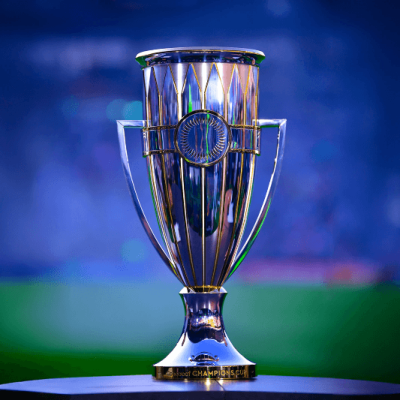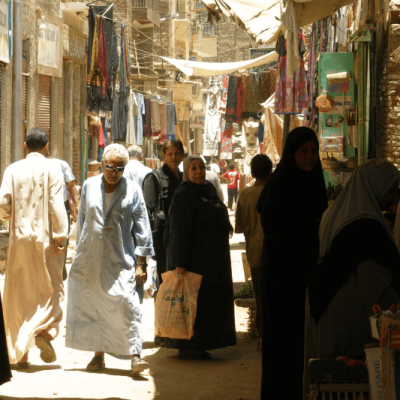Beyond Borders: ICJ Takes on Israel’s Genocidal Actions
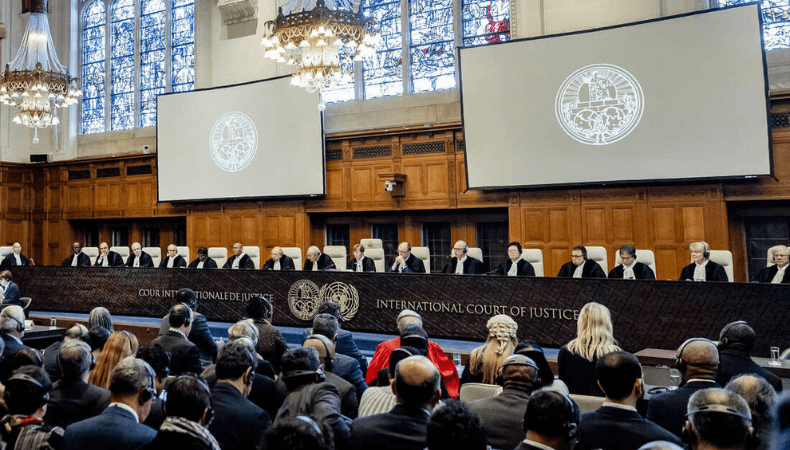
In a groundbreaking move at the International Court of Justice (ICJ), South Africa has challenged the impunity enjoyed by Israel for its actions over the past 75 years. This marks a pivotal moment, signaling an end to the era where Israel seemed immune to the consequences of its actions.
The case presented by South Africa serves as a powerful assertion that Israel, despite historical claims, is not above the law. It dismantles the narrative of divine rights and victimhood, holding Israel accountable for its actions. The ruling also sheds light on the distinction between Jewish individuals and the state of Israel, emphasizing that Israel’s actions do not represent the sentiments of all Jews.
The ICJ proceedings unveiled Israel’s genocidal war against Palestinians, providing a stark contrast to the efforts of Western powers to suppress South Africa’s presentation. The subsequent media blackout in Western corridors only accentuated Israel’s influence in the West. However, as South Africa emerges as a force challenging this dominance, it becomes clear that change is inevitable.
Notably, both Indigenous South Africans and Palestinians share a history of suffering under settler colonialism, with apartheid regimes established in the same fateful year, 1948. South Africa, having overcome its own apartheid, now stands at the forefront of supporting Palestinians in their struggle for justice.
While the ICJ ruling is a significant achievement, it leaves room for ambiguity regarding the immediate cessation of attacks. The disappointment arises from the lack of a clear mandate for a ceasefire, crucial for ending the ongoing genocide against Palestinians. This ambiguity becomes a tool for the U.S., which is poised to wield its veto power in the UN Security Council to protect Israel’s interests.
Keep Reading
South Africa’s interpretation emphasizes the urgency of a ceasefire, a point that the ICJ ruling failed to underscore. The lack of a clear directive raises questions about the effectiveness of the ruling in addressing the ongoing humanitarian crisis. The speculation and debates that now surround the ruling highlight the need for a more decisive and unambiguous stance.
Despite the setback, the ruling has shifted the responsibility to individual countries to interpret and act upon it. As the U.S. gears up for a potential veto, the international community must grapple with the consequences of allowing Israel to continue its actions unchecked.
The ICJ ruling places a moral obligation on countries in the region to protect against the potential victory of Israel and its Western allies. To prevent further atrocities, nations can take concrete steps such as freezing Israeli assets, denying airspace and docking rights, and terminating trade relations.
The parallels between the global movement against Israel and the historic dismantling of South Africa’s apartheid regime cannot be ignored. Governments worldwide, especially Israel’s Western allies, are now under scrutiny for their complicity. As Israel faces charges of genocide at the ICJ, the world watches to see if its Western allies will continue business as usual or join the call for justice.
South Africa’s case against Israel echoes the path that led to the downfall of its own apartheid regime. The ongoing struggle in the ICJ not only has implications for Israel but also challenges the international rule of law. The days ahead, particularly the U.S. vote in the UN Security Council, will be crucial in determining the trajectory of justice and accountability on the global stage.



